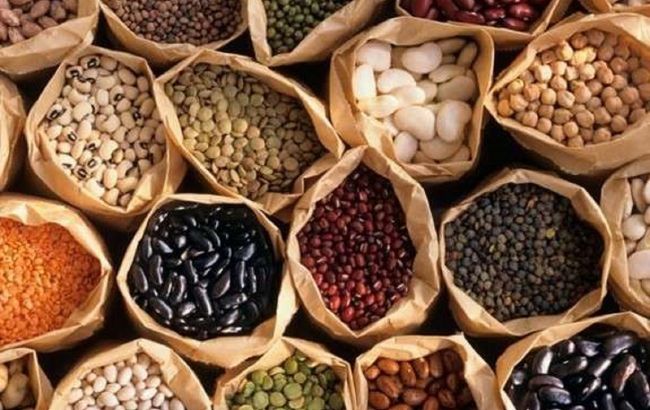Include these three products in your diet to avoid heart attack
 What foods to eat for heart attack prevention (Photo: freepik)
What foods to eat for heart attack prevention (Photo: freepik)
A heart attack is one of the leading causes of death worldwide. Proper nutrition can serve as a natural shield for our cardiovascular system, according to Strona Zdrowia.
What is the danger of having too high a level of LDL, commonly referred to as 'bad cholesterol'?
LDL cholesterol, commonly referred to as "bad cholesterol," is low-density lipoprotein. Its function is to transport cholesterol molecules from the liver to the cells of the body, where, among other things, cholesterol is used to produce hormones.
The problem arises when the concentration of low-density lipoproteins in the blood is too high. Excess LDL leads to the deposition of cholesterol on the walls of blood vessels, which over time creates what are known as atherosclerotic plaques.
Narrowing of the arteries, caused by the deposition of LDL cholesterol, leads to restricted blood flow in the vessels. As a result, organs such as the heart and brain receive less oxygen and nutrients, disrupting their normal functioning. This condition significantly increases the risk of serious cardiovascular events, such as heart attack, stroke, and coronary artery disease.
What foods should be eaten to prevent a heart attack?
According to endocrinologist Francisco Rosero, regular consumption of legumes can indeed lower the level of "bad" cholesterol (LDL), which is responsible for the formation of atherosclerotic plaques and increases the risk of a heart attack. This is thanks to the fiber, plant protein, and a variety of micronutrients found in legumes.
Eating beans, lentils, chickpeas, or any legumes positively impacts the lipid profile, lowering LDL cholesterol levels and improving triglycerides and HDL (good cholesterol) levels. This leads to a reduced risk of cardiovascular diseases, says the expert.
The specialist recommends that patients include some beans in their anti-heart attack diet. Scientific studies show that they help lower glucose levels. They contain enzymes or biologically active ingredients that inhibit alpha-amylase (an enzyme that breaks down carbohydrates, causing a rapid increase in glucose levels).
The endocrinologist claims that lentils also have an exceptionally strong anti-inflammatory effect. Compared to other legumes, lentils have the highest starch and insoluble fiber content, as well as a large amount of prebiotic carbohydrates that support gut microbiota.
According to Francisco Rosero, consuming 60 grams of legumes, such as beans, lentils, or chickpeas, can bring significant health benefits. Regular consumption of legumes is linked to a lower risk of cardiovascular and cerebrovascular diseases.
Including beans or lentils in the diet does not mean completely giving up meat. It's more about a conscious balance.
You might be interested in:
- These two eating mistakes make the blood thick.
- A new discovery by scientists about obesity and food changes everything.
This material is for informational purposes only and should not be used for medical diagnosis or self-treatment. Our goal is to provide readers with accurate information about symptoms, causes, and methods of detecting diseases. RBС-Ukraine is not responsible for any diagnoses that readers may make based on materials from the resource. We do not recommend self-treatment and advise consulting a doctor in case of any health concerns.


